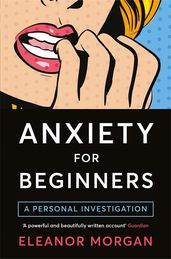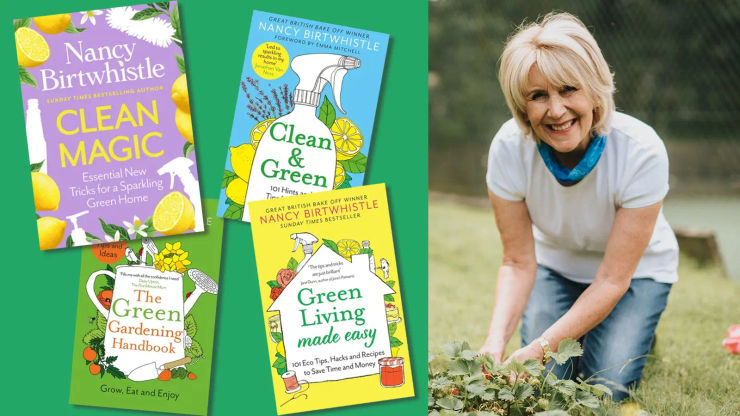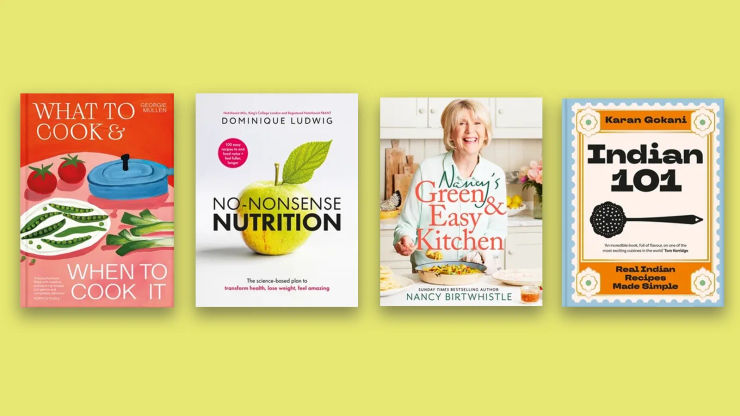How to help someone with anxiety
Eleanor Morgan, author of Anxiety For Beginners, offers advice for anyone trying to support a loved one who is suffering from an anxiety disorder.

Many of us will suffer from an anxiety disorder or panic attacks at some point in our lives, and anxiety can be heightened during difficult times. It can be extremely difficult to know how best to support a partner, friend, or family member who is suffering, but here Eleanor Morgan, author of Anxiety For Beginners, offers some expert advice and actionable tips.
According to Google Trends, the number of people typing the phrase ‘how to help someone with anxiety’ into the search bar has increased year on year between 2004 and 2016. You could look at the graphs and attribute it to anxiety increasing over time, but I’m not sure that’s right.
To me, it speaks of increased awareness and empathy, of people wanting to understand and help. I’m not sure a condition with such varied manifestations can be condensed to a pamphlet-style guide for partners, friends, and families, but if, as an anxiety sufferer, I can add anything to what the mass of mental health charity guides or thousands of online resources are saying, it would be quite simple…
Assume nothing, ask everything
Make both of you a cup of tea, give them the best-looking one and say, ‘Tell me about it.’
Educate yourself
Seek out information on websites like the NHS UK, Mind, Rethink, Anxiety UK, No More Panic, the Anxiety and Depression Association of America, etc., so you can recognize what they might be thinking and feeling.
Talk to friends about what’s going on, because chances are someone you know will have dealt with anxiety in some way.
Try and be patient
Keep in mind that your anxious person realizes they’re probably very annoying sometimes.
Try not to tell them what they should or shouldn’t be doing, and instead ask how you can help in the moment, whether that’s giving them space (this is usually what I need) at home or quickly getting somewhere quiet for a bit if you’re out – a park, the back of a quiet cafe, or even a car park, if it means separating from a crowded space.
Be supportive and non-judgemental
If you do find yourself becoming frustrated by their resistance to seek help – which is completely justified – try and suspend judgement as much as you can and know that they want to get on with their lives as much as – probably more than – you want them to, but might be struggling with ideas of being beyond help, shame and not knowing what’s best for them, so this is where researching stuff is good.
Remind them that anxiety is just one part of who they are, that you still see them as the same person and not a victim.
Try to make them laugh
For Christ’s sake, try and make them laugh. Stick a whoopee cushion under them if you have to.
Don’t ever tell them they’ve got nothing to be anxious about
That’s not how it works.
Anxiety for Beginners
by Eleanor Morgan
Anxiety for Beginners is an insightful, accessible introduction to the often crippling impact of anxiety disorders, for those who suffer with anxiety disorders and those who live with them by proxy.
Find comfort with these essential books on anxiety.



